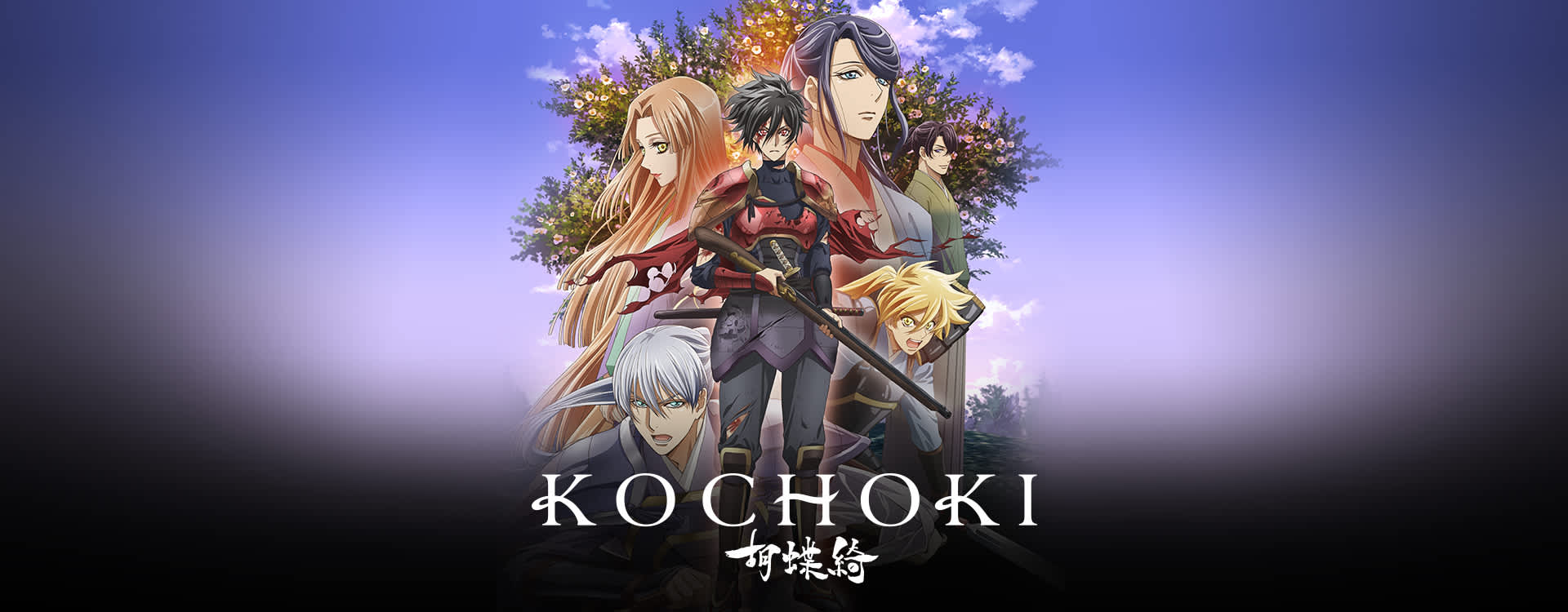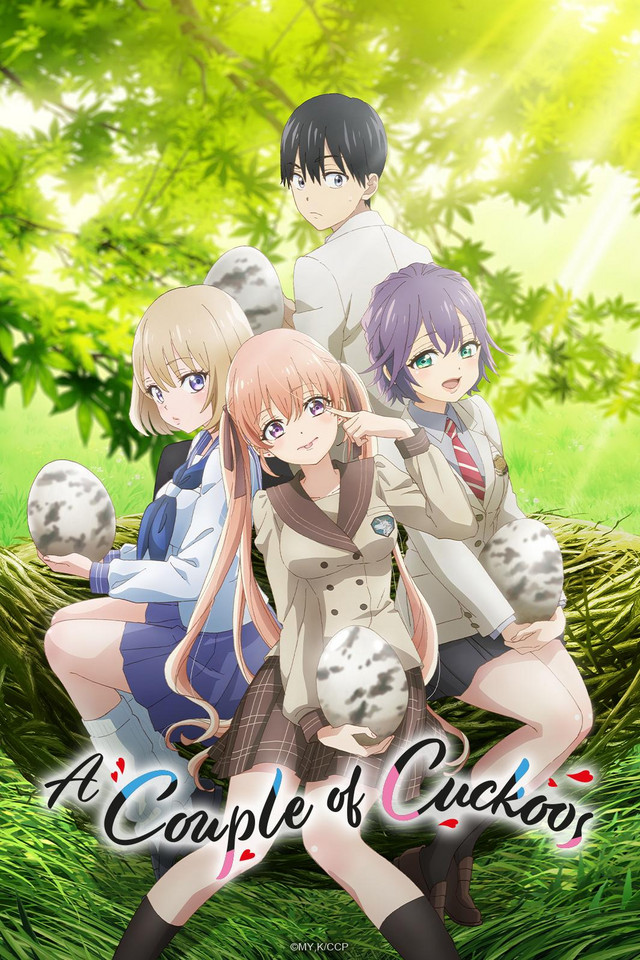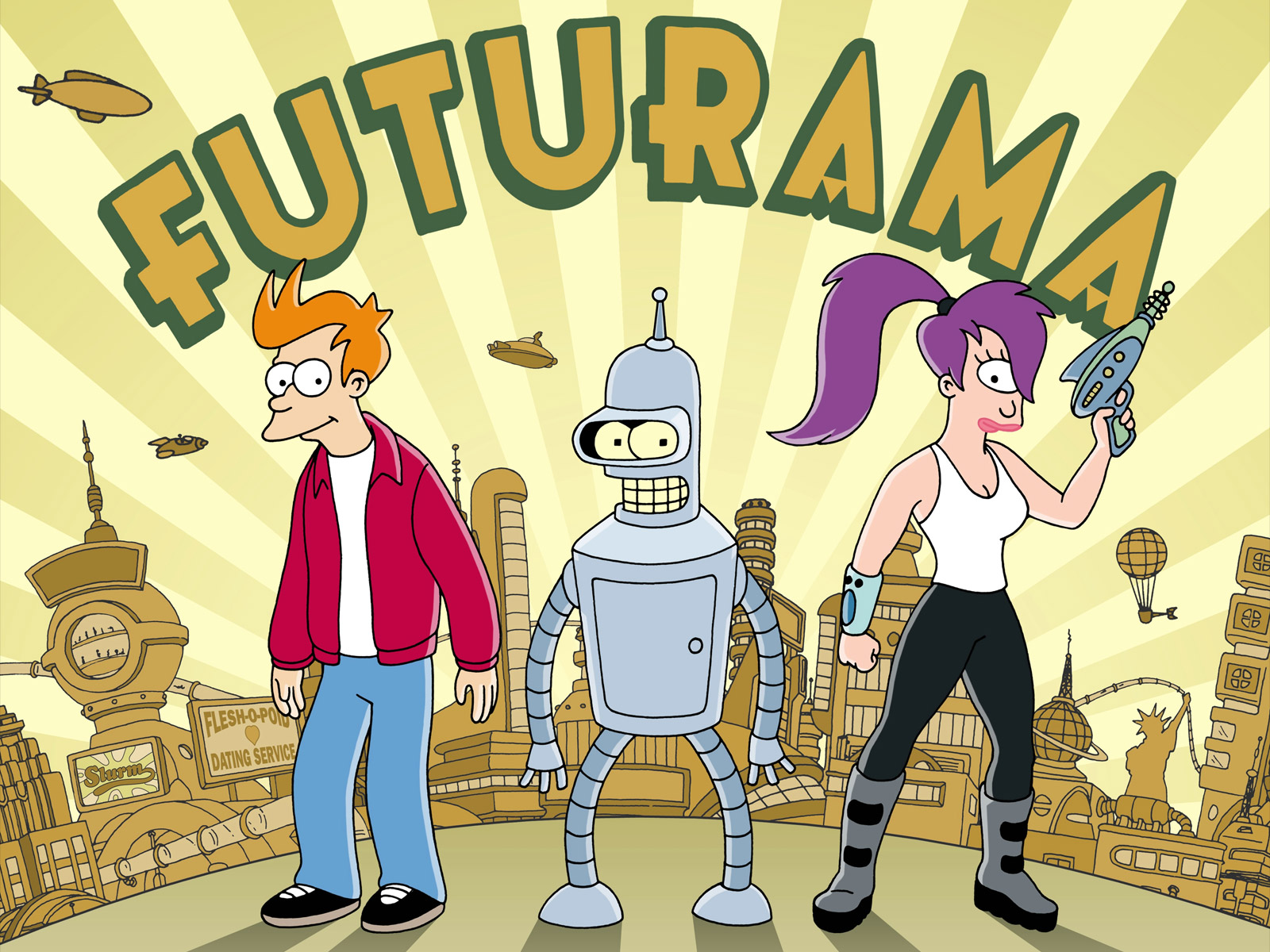English Dub Review: Kochoki “Okehazama”
OVERVIEW (SPOILERS)
1560. Nobunaga’s forces prepare for an attack by Imagawa’s own army. Takugen Osho identifies Taigen Sesai as the main strategist keeping Imagawa’s alliances in check. Or rather, he was until he passed, and now his movements are unpredictable and rash, potentially able to cause a great war. It might be up to Nobunaga to put him down, which won’t be easy up against a force of ten thousand troops (with more joining him as the days go on).
Faced with his greatest challenge yet, Nobunaga dreams of his time learning falconing with Nobuhide and Nobukatsu which gives him the push he needed to trust his sense and win the war. He uses this to pin point where Imagawa will be least protected and to take advantage of his tendency to focus on stamping out enemies by using it as a distraction. The plan seems solid, though Kichou and Tsuneoki notice he might be hiding something, worrying that he’ll sacrifice himself to save everyone else. Indeed, he makes secret arrangements with Osho which turn out to be just that. So Tsuneoki gives him a big speech about how far they’ve come to snap him out of it.
And so, they Oda clan charges against Imagawa’s encampment and kills him. The end?
OUR TAKE
The last episode certainly knew to go big or go home for the final battle, with the Imagawa forces apparently holding the greatest headcount of anyone else the Oda clan has faced in the series (I assume, since I am not going back to check). And we got a little pep talk to help make clear that everyone has come real far so they can get Nobunaga back out of his suicidal funk! But sadly, this ending felt pretty emotionally hollow in a lot of ways, the least of which being Imagawa himself. After such a charged final duel against Nobukatsu only a couple of episodes prior, every other opponent feels pretty dramatically flaccid, especially when they’re as flat as “pompous and has a big army”. I’m not even sure what this is meant to represent for Nobunaga’s career other than being a great and challenging battle, and considering I am still not a Japanese historian, that’s all I can go on.
But that’s not to say there wasn’t ANY development or growth in this, as Nobunaga had to struggle with the possibility of giving himself up to save his friends. Putting aside that there’s no reason to believe that would have kept them alive for very long, it’s certainly a sign that he’s truly come into his own as a leader and putting the needs of his clan above his own…assuming that was the character arc he was meant to go through. Was it? Having this sort of dilemma in the last episode seems to imply that’s the arc. Either way, it’s a neat thing to learn! Suicide awareness in feudal Japan! I kid, but his role as a solid leader has often been in question, so it seems he’s finally shaken the doubt of others and himself.
Though the best part about this for me is that I no longer have to remember random Japanese names that I wouldn’t normally have to learn unless I was writing a book report. As I’ve said many times, I have no idea how historically accurate this show is supposed to be (though I imagine it’s not very accurate at all) but it’s been interesting seeing such a romanticized take on this influential figure. I have to admit, it got me by the short hairs in some places, even if this ending is a bit of a wet thud. Guess I’ll rewatch Sengoku Basara.






















"There are also other characters that come and go (also owned by the Warner Bros. Discovery conglomerate media company)."
Huh. Is that just referring to other characters from the show itself, or is this implying that the new season is going to have cameos from other WBD IPs